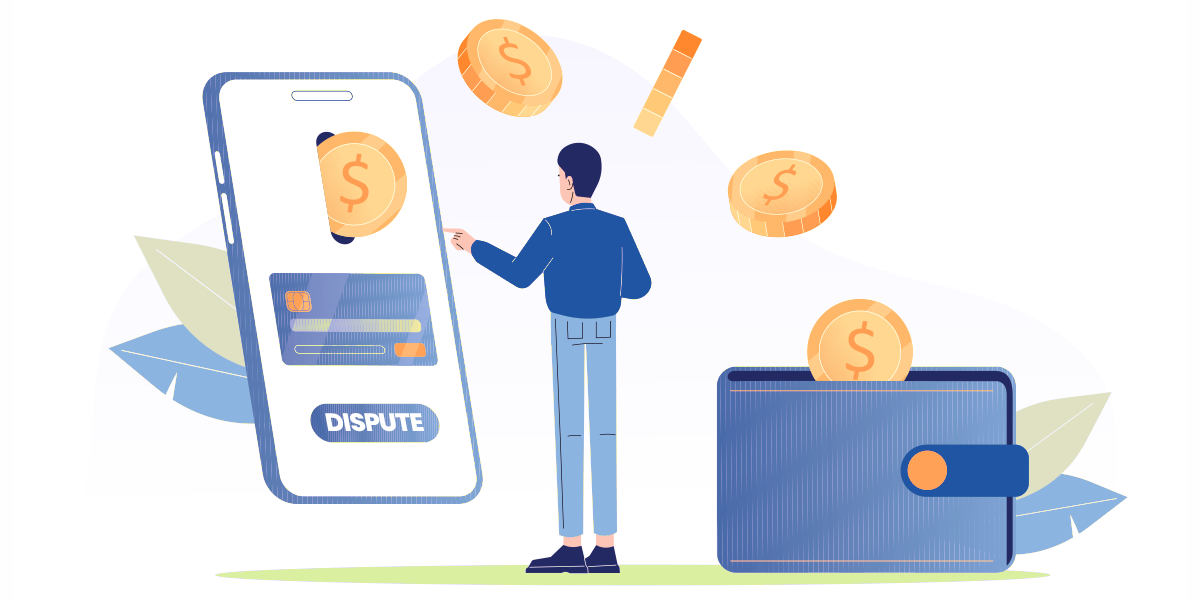
The ability to reverse a transaction depends on the payment method used and the terms and conditions of the transaction. Here are some general guidelines for reversing different types of transactions:
- Credit card transactions: If you made a purchase with a credit card and wish to reverse the transaction, you can typically dispute the charge with your credit card issuer. Contact your credit card company and explain the situation. They will investigate the dispute and may issue a chargeback to the merchant if they find that the charge was fraudulent, unauthorized, or the product or service was not delivered as promised.
- Debit card transactions: If you made a purchase with a debit card and wish to reverse the transaction, contact your bank as soon as possible. If the transaction has not yet been processed, they may be able to cancel it. If it has already been processed, they may be able to dispute the charge and issue a refund.
- Bank transfers: If you made a bank transfer and wish to reverse the transaction, contact your bank immediately. They may be able to cancel the transfer if it has not yet been processed. If it has already been processed, they may be able to recall the funds if the recipient’s bank agrees to the reversal.
- Cryptocurrency transactions: Cryptocurrency transactions are irreversible, meaning once the transfer has been initiated, it cannot be reversed. If you sent cryptocurrency to the wrong address or were the victim of a scam, there may be little you can do to reverse the transaction. However, you can contact the cryptocurrency exchange or wallet provider and report the issue to see if they can provide any assistance.
It’s important to act quickly when trying to reverse a transaction as time is often critical in these situations. Contact the relevant financial institution or payment provider as soon as possible and explain the situation clearly and concisely.
Submitted by Bunmi for Naijatipsland










